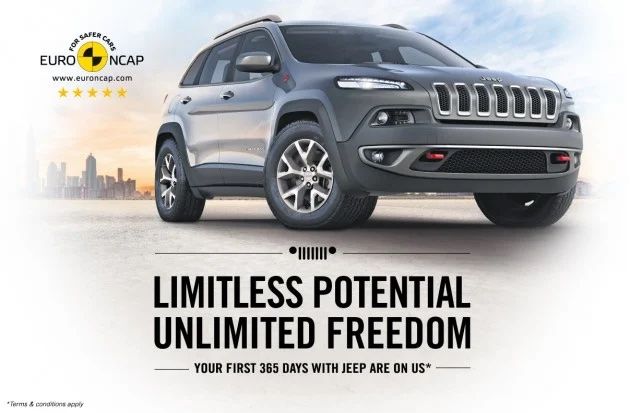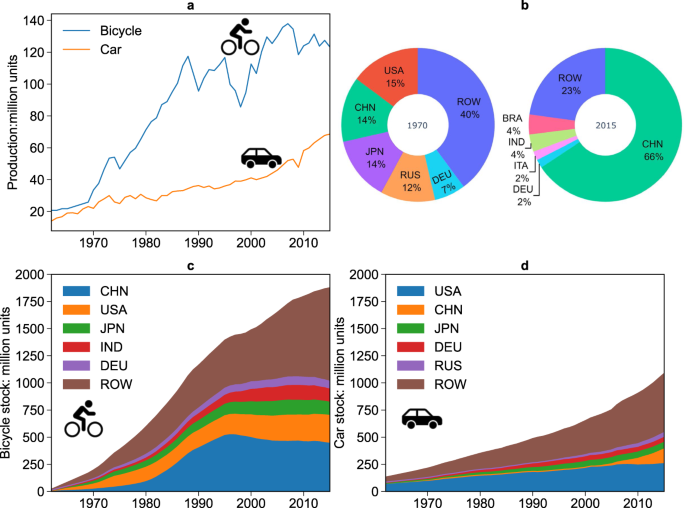The insane 'hidden' costs of car ownership
The greatest trick the Devil ever pulled... was to hide from everyone in plain sight.
The way we speak about things reinforces how we see things and often doesn't allow us to even imagine any kind of alternative.
A classic example of this is cars and how societies think about the real value that cars offer.
Car culture is compelling and a century of it has moulded and entrenched our love affair with them to such a level that it's difficult to imagine people even being vaguely open to thinking about cars in any other way other than blind love.

But much like being in love with somebody who physically and emotionally abuses you every single day, but you still remain steadfastly devoted and loyal to that monster - so too car culture has hijacked our ability to think rationally about their existence.
When we block traffic from a street, like for a sports event or a street party, we say that the street is “closed”. But who is it closed for? For motorists. But really, that street is now open to people.
We say this because we’ve become accustomed to thinking about the street in “traffic logic”. For centuries, streets used to be a place with a multiplicity of purposes: talk, trade, play, work and moving around. It’s only in the past century that it has become a space for traffic to drive through as quickly and efficiently as possible. This idea is so pervasive that it has colonised our thinking. - via
Cars and traffic logic has not only colonised our thinking, but our blind devotion to car ownership is literally financially hijacking private and public entities.
For a telling analysis of just how crazy expensive car ownership actually is - here's a great analysis of the true cost of cars done by a German vlogger that's well worth a watch.
How much do cars really cost us?
The industrial complex behind private car ownership relies on notions of ‘freedom’ and ‘empowerment’ to sell their products. In reality, the average worker is forced to spend 30–40% of their income and a substantial amount of their tax money on owning a car, only to remain trapped in a system of dependency that delivers terrible outcomes for our health, our environment, and our cities.
Breaking that cycle of dependency requires more of us to view the alternatives as desirable – if not for health or environmental reasons then at least for our own economic benefit. That’s why, paradoxically, drivers who heavily rely on their car to get around should also be the most fervent advocates for developing or expanding car-free alternatives.
What you can take from this is that there are many historically 'accepted industrial systems' in the world that have become part of the fabric of our reality, but do little to serve the 'greater good' of us presently, or in the future.
If you think of a city like Cape Town, which has limited financial and geographic resources - our blind and unquestioning devotion to car culture is a key barrier preventing exploration into more equitable economic growth and development from taking place.
Superficially the money that we spend on road maintenance, accident-related services and management, parking, petrol, finance and all the other stuff mentioned in the video could rather be funnelled into other avenues that actually serve society better.
At a slightly deeper level, an alternative car narrative would open up a new thinking space where alternative, non-industrial community systems could feasibly be investigated.
Speaking out and calling for more critical thinking of our current interpretation of car ownership (along with questioning other systems like democracy and capitalism) is seen as heresy.
So we keep feeding the monster and keep getting the same results back, blocking our own agency to create anything better.
Alternatives are there - we just need to be able to see beyond the blindfolds obstructing our sight.
More:








